Interested in our services
Contact our experts to provide further information



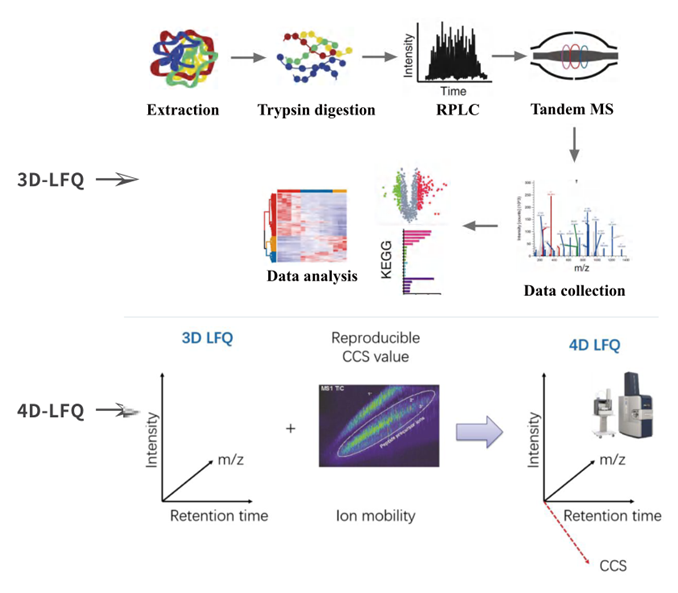
4D Label-free quantification (4D-LFQ) technology is a new mass spectrometry-based method which could identify and quantify relative changes in two or more biological samples instead of using a stable isotope-containing compound to label proteins. 4D-LFQ proteomics adds the separation of ion mobility in 3D separation. Ion mobility is mainly separated according to the shape and cross-section of the ions, which brings more possibilities for the determination of samples from complex systems.
4D proteomics can effectively distinguish and recognize low abundance signals that are often missed by traditional 3D proteomics, which could significantly reduce the amount of required detection samples, while also improving the identification depth by 50% to 100%.
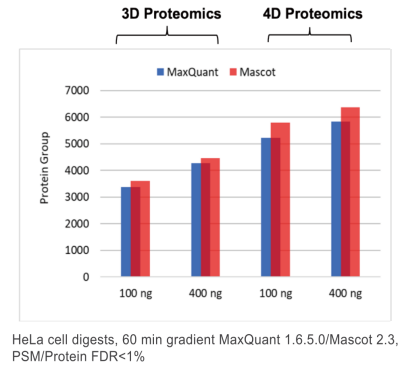
The new ion mobility separation technique is capable of distinguishing peptide segments that co-elute despite having very small differences in m/z. This leads to the production of MS/MS spectra with higher specificity, enabling the detection and recognition of low-abundance protein signals that were previously masked under 3D conditions. Consequently, 4D proteomics could enhance the detection sensitivity.
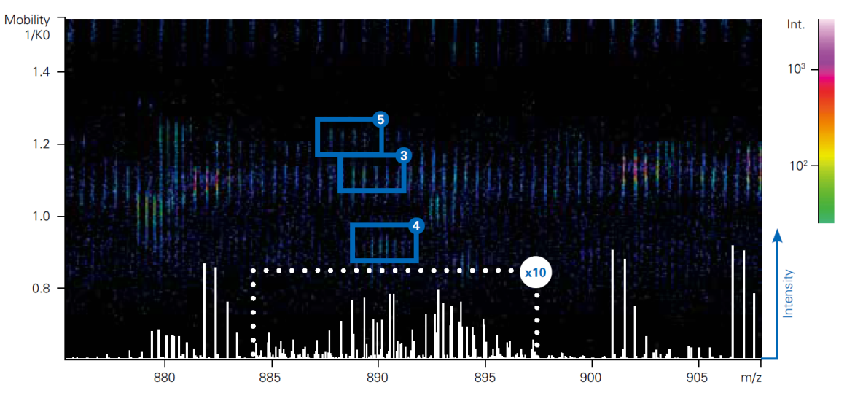
4D proteomics, characterized by high-speed acquisition and four-dimensional alignment, fundamentally reduces the stochasticity inherent in shotgun proteomics, leading to significant improvements in quantitative accuracy and repeatability. Both literature reports and our own test data demonstrate that 4D proteomics can achieve the following data (in the figure below).
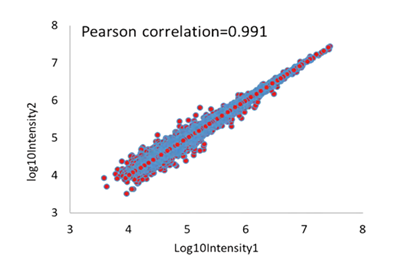
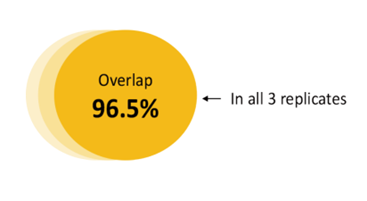
Interested in our services
Contact our experts to provide further information